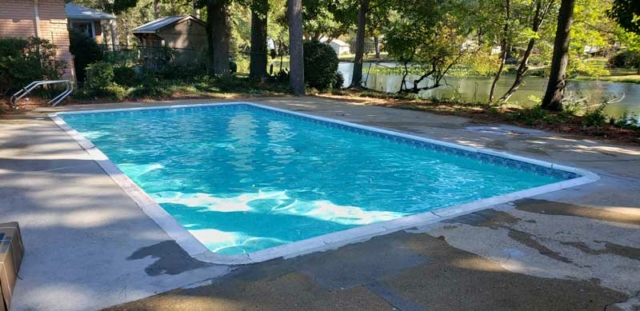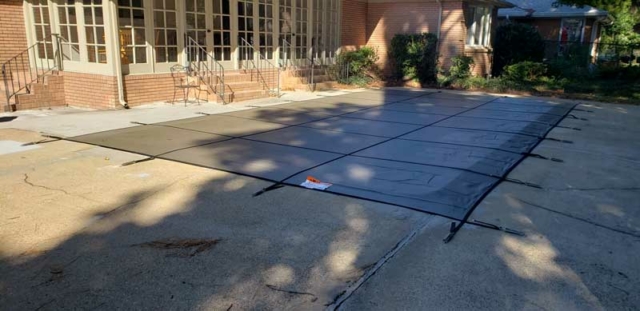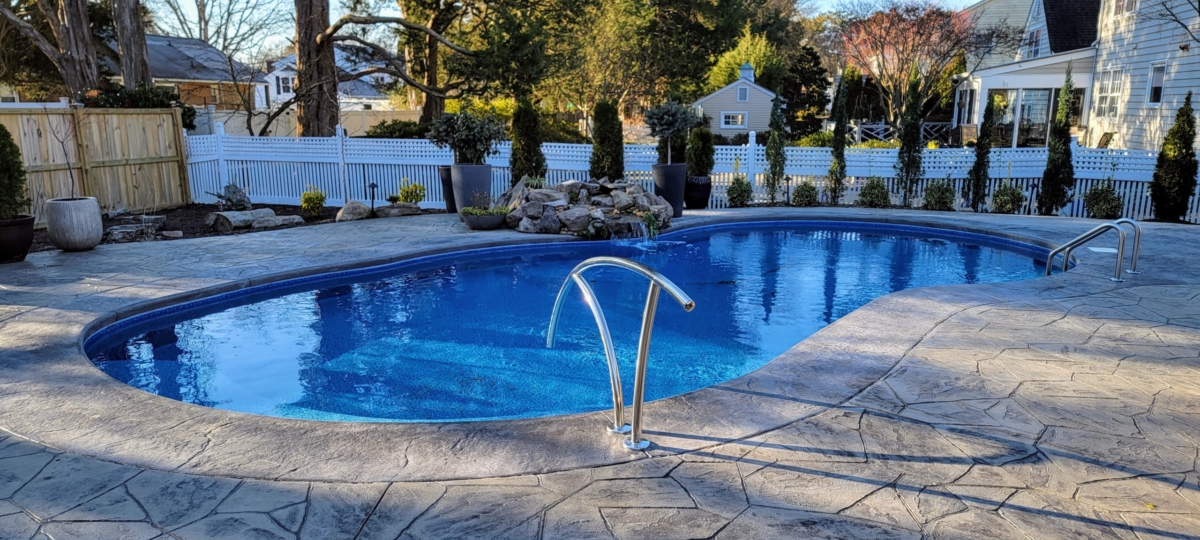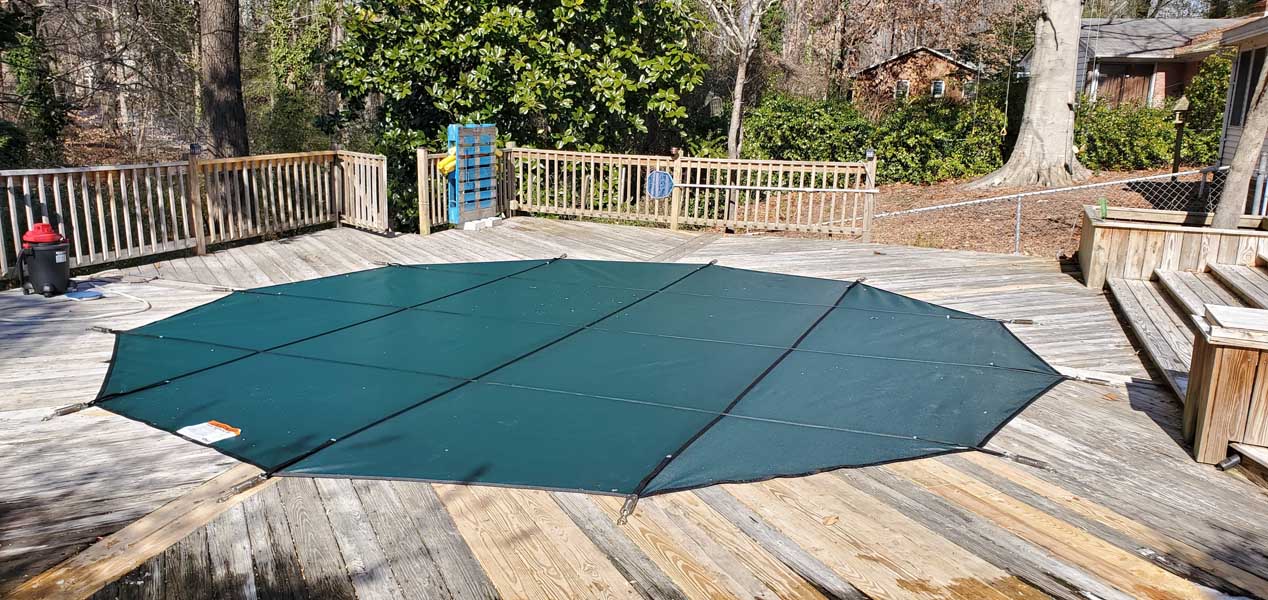Conducting Pool Leak Detection
Unquestionably, every pool owner dreads having a pool leak. Pool leaks indicate a serious issue with the structure of your pool. So, if you suspect you have a pool leak, call in a professional to examine your pool immediately. If you have a pool leak, fix it immediately to prevent further damage. But how do you conduct pool leak detection?

Things to know before pool leak detection
Although you can detect a pool leak yourself, it would be best to call in a professional.
Proving you have a pool leak
When suspecting a pool leak detection, the first thing to do is to look for proof. Keep in mind that water loss can be a result of many things. For instance, a high evaporation rate leads to water loss in your pool. So, you have to find proof of the pool leak. Some common signs of pool leaks are increased water bills, cracks, and challenges in keeping balanced water chemistry. A swampy area near the pool can also indicate a pool leak.
Examine your equipment pad
Worn-out pool equipment is more susceptible to cracks, which in turn cause leaks. So, always check your equipment pads to identify whether you have leaks. It would be best to examine equipment pads for four days in a row just to be sure water is coming from them. Also, when examining equipment pads, be careful to avoid electrocution.
Conduct a bucket test
One of the best ways to determine whether your pool has a leak is to conduct a bucket test. The bucket test requires you to fill a 5-gallon bucket with the pool water. Then, mark its waterline to compare the rate of evaporation in the bucket and the pool. Place it on the pool steps once you fill the bucket with water. Use waterproof tape to make the pool’s water level and leave the bucket for 24 to 48 hours. Afterward, compare the water level of the pool and the bucket. If the pool’s water level has a notable difference from the bucket’s water level, your pool may be experiencing a leak.
Use a dye test to confirm the leak’s location
You can also find out if you have a leak by using a dye test. This technique requires you to apply the dye to the area where you suspect there’s a leak. Then set aside the dye for a while. If there’s a leak in the area, it will naturally get sucked out. However, if there’s no leak, the dye will stay around the area for some time. You may have to dive into the pool to apply for the day. Use goggles and other diving equipment to help you navigate the pool safely.
Employ a pool service expert to detect pool leaks
One of the best ways to detect a pool leak is to employ a professional. At times, you may not be able to identify a pool leak by yourself. Only a professional can do this for you. The best thing about hiring a professional is that they will fix the pool leak for you. Subsequently, you won’t experience such a problem again in the future.
The most common causes of pool leaks
Tree roots
Trees around the pool area may be a threat to your swimming pool. Although they make your landscape look better, tree roots can interfere with the pool structure. Some trees have roots that grow long enough to apply excess pressure to the pool. As a result, the pools develop structural cracks. Avoid growing trees like pine, poplar, and ash around your pool area.
Seismic pressure
Another cause of pool leaks is seismic pressure. Seismic pressure often occurs deep in the ground and can damage the structure of swimming pools. At times, the pressure may be too much for the pool. In turn, this causes leaks. It can be unavoidable to prevent such types of leaks in your home.
Worn-out pool equipment
If you have old pool equipment, consider replacing it. This is because they become more susceptible to leaks. For instance, a damaged pool pump can develop cracks over time, leading to pool leaks.

Chemical imbalance
If you don’t balance the chemicals in your pool, they will wear out the surfaces of your pool. Consequently, pool water chemistry can lead to surface cracks. Surface cracks worsen with time to form structural cracks. This leads to pool leaks in the long run.
Ultimately
Here at Fox Pools, we have pool service experts who have extensive experience conducting pool leak detection. They come onsite and examine your pool to find out the source of the leak. From there, they recommend the best repair techniques for the leak. If you need any pool leak detection services, do not hesitate to contact us.











Leave a Reply
Want to join the discussion?Feel free to contribute!